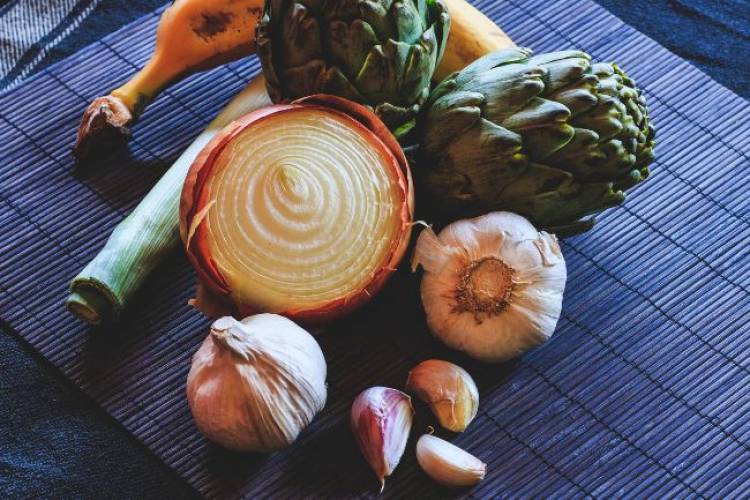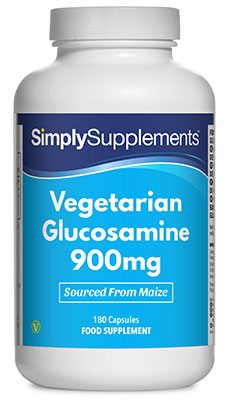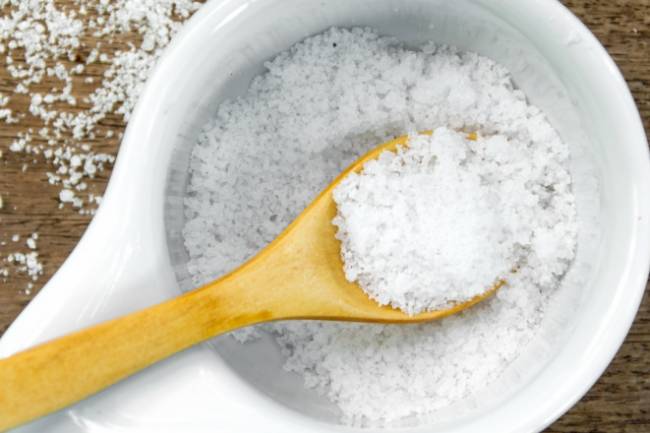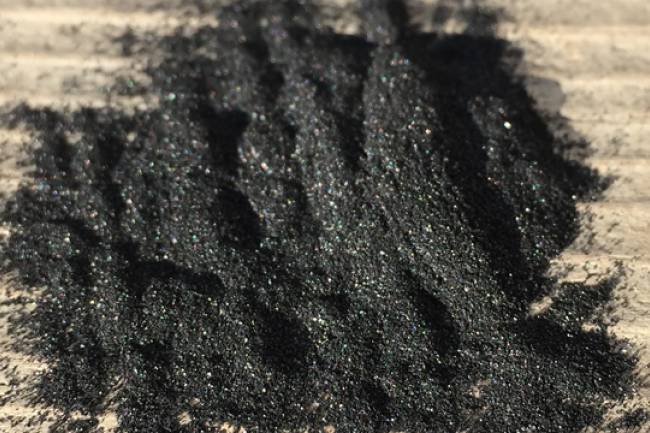The Health Benefits of Chocolate
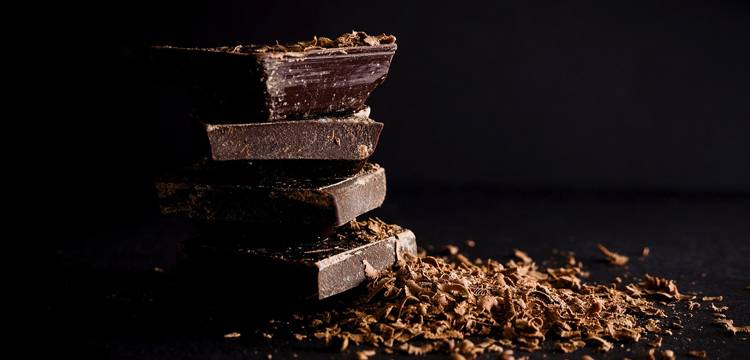
I am sure the title of this article will have garnered a lot of attention, as the thought of chocolate (many people’s favourite treat) being healthy is an attractive proposition. Well as most of you will imagine, the low cocoa and high sugar and fat content of white and milk chocolate renders it a pretty poor choice for those health conscious individuals.
No, this article is about the health benefits of dark chocolate, specifically chocolate that contains at least 70% cocoa solids. As we will soon see, some of the scientific evidence into dark chocolate is quite fascinating and at times surprising, thanks to its rich nutritional profile.
So without further ado, let’s uncover the various benefits that dark chocolate can have on our health and discuss how meaningful these findings are.
What Are the Benefits of Dark Chocolate?
Rich in Essential Nutrients
Dark chocolate is a fabulous source of a number of minerals which are essential to our health and wellbeing. Per 100g of dark chocolate there is:
- 89% NRV for copper. Copper has a role in hair and skin pigmentation, connective tissue health and the function of the immune system.
- 98% NRV for manganese, a nutrient that helps keep bones and connective tissue functioning properly.
- 67% NRV for iron, a mineral that is important for circulation, cognitive function and the reduction of tiredness and fatigue.
- 58% NRV for magnesium. Magnesium has an almost inexhaustible number of roles in good health, with energy levels, psychological health, muscles and bones all being positively influenced by a sufficient intake of this mineral.
- 33% NRV for phosphorous, a nutrient that supports strong bones and teeth.
- 22% NRV for potassium, an important electrolyte that helps us maintain healthy blood pressure.
- 22% NRV for zinc. Like magnesium, zinc has so many important roles in the body, but immunity, reproductive function, metabolism and healthy hair, skin and nails are just some of zinc’s benefits.
- 11% NRV for selenium, a key element of the production of glutathione – the body’s ‘master antioxidant’.
Although 100g is a large amount of dark chocolate that would provide around 600kcal, it is clear to see that even a small portion would provide a meaningful contribution to many of the essential minerals.
Interestingly, the latest national diet research by the British Nutrition Foundation has highlighted that many of us are consuming an insufficient amount of the essential minerals. So, regularly consuming dark chocolate could certainly have a role in rectifying this.
Fibre
Just like most of the essential minerals, fibre is a nutrient we simply are not getting enough of. Sometimes known as ‘roughage’, fibre is crucial for healthy digestion, controlling cholesterol levels and helping us to feel fuller for longer.
The current Department of Health recommendation is 30g per day. However, latest statistics show that on average we are consuming just over half of this. As dark chocolate provides 11g of fibre per 100g, this shows that even a small portion can provide a valuable contribution to our daily fibre needs.
Antioxidant Capacity
It may come as a surprise to many, but cocoa is packed with compounds such as polyphenols, flavonoids, and catechins which are powerful antioxidants. Antioxidants are compounds which have the ability to donate an electron to free radicals which subsequently stabilised these molecules, rendering them harmless. Crucially, this action does not destabilise antioxidants themselves.
Scientists have actually developed a procedure to measure the antioxidant activity of certain food. This is known as the Oxygen Radical Absorbance Capacity, or ORAC. This test requires researchers to test how well a food disarms a set of free radicals. What is fascinating is that a published research study has shown that cocoa has a greater ORAC than any fruit, even blueberries and acai berries!
This antioxidant capacity should help protect cells in the body from the oxidative damage caused by free radicals. Specifically, numerous research trials have indicated that dark chocolate consumption has the ability to protect cholesterol from damage and forming what scientists call ‘oxidised cholesterol’.
This type of cholesterol is unstable, is and much more likely to stick to the walls of the arteries, causing hardening and narrowing of the vascular system – a hallmark of coronary artery disease. Not only do the compounds within dark chocolate help in this manner, the same study noted reductions in LDL (‘bad’) cholesterol and an elevation in HDL (‘good’) cholesterol. This in theory would reduce the risk of developing heart disease – the most prevalent cause of death in the UK.
Vascular Function
A healthy vascular system is comprised of flexible blood vessels which allow for easy blood flow at a normal pressure. This tends to happen when the endothelium (the lining of the arteries) can readily produce nitric oxide. This molecule signals to the arteries to relax, lowering resistance to blood flow, therefore attenuating blood pressure.
There is a catalogue of published clinical trials that have shown that dark chocolate can modestly lower blood pressure. Although these effects are indeed modest, they could certainly have an additive effect alongside other foods and positive lifestyle modifications.
Insulin Resistance
It may seem counter-intuitive that dark chocolate could improve insulin resistance – the major cause of type 2 diabetes. However, there is high quality research to show that a portion of dark chocolate daily is sufficient to decrease insulin resistance, improve the function of the pancreatic beta cells (which product insulin) and decrease CRP – a primary marker of inflammation in the body.
As many people with insulin resistance and type 2 diabetes are trying to reduce their carbohydrate consumption and increase their fat intake, dark chocolate would be a good snack anyway. But now that there is evidence that it could aid their condition it now looks an even better choice.
Heart Disease Risk
Although we have already outlined dark chocolates ability to lower blood pressure, insulin resistance and favourably alter blood cholesterol, this is not meaningful if it doesn’t decrease the incidences of cardiovascular events.
Interestingly, there have been studies which have in fact looked at this. One study followed 470 elderly men over a period of 15 years. After this timeframe, the researchers assessed how many of the participants had died from cardiovascular disease. What is fascinating is that it was found that those with the highest dark chocolate intake were 53% less likely to die from heart complications than those with the lower intake.
The researchers also accounted for factors such as smoking, alcoholic intake, family history of heart disease and level of education. This means that we can be more confident that the reported benefit was due to diet. Although this type of study can help draw links between cocoa intake and heart disease, it cannot prove that dark chocolate consumption decreases death from heart ailments. However, performing a randomised control trial on this topic would almost be impossible, so this kind of evidence is probably going to be as good as it gets.
To corroborate these results, a much larger study was conducted in 2011. Recruiting just shy of 5000 people, it was found that consuming dark chocolate 5 times per week decreased the chance of developing heart disease by 57%, when compared to those who didn’t eat it at all.
Again, this research study was designed to take into account confounding factors so that only diet affected the end result. But as with the previous investigation, this type of study can only prove a link and not causality.
Brain Function
Aside from heart health, dark chocolate has demonstrated its ability to positively influence another organ – the brain.
One study showed that the vascular benefits of dark chocolate influence the brain specifically. Just one serving of dark chocolate was shown to improve brain blood flow, with the researchers reporting that this was a significant improvement.
The researchers concluded that “flavanol-rich cocoa can increase the cerebral blood flow to grey matter, suggesting the potential of cocoa flavanols for treatment of vascular impairment, including dementia and strokes, and thus for maintaining cardiovascular health”.
The hypothesis from the above statement was actually tested in 2012. In this study, 90 older adults with mild cognitive impairment were randomly assigned to receive either a high flavanol cocoa drink or a placebo daily for 8 weeks.
After 8 weeks it was found that those taking the cocoa drink lowered their insulin resistance, blood pressure and the amount of oxidised cholesterol in the blood compared to the placebo group. In addition, the same group saw large improvements in numerous tests of cognitive ability compared to placebo.
The scientists conduction the investigation believe that this cognitive benefit was due to improved brain blood flow and the increased insulin sensitivity that augmented the amount of glucose getting to the brain.
Furthermore, cocoa naturally contains stimulants such as caffeine and theobromine which could also have been a contributing factor to the improve brain function.
Protection from Sun Burn
Did you know that the foods we eat can actually provide a certain amount of protection against sunburn? Foods such as tomatoes, green and orange fruits and vegetables, green tea and dark chocolate all have research behind them suggesting they help protect the skin.
This is because they all contain powerful antioxidant compounds that provide what scientists call ‘endogenous photoprotection’.
Numerous studies have shown that dark chocolate consumption can improve the skins resistance to sun burn by up to 50%. Not only that, one study has even reported that 6 months of daily cocoa consumption improves skin elasticity and decreases the appearance of wrinkles.
So it seems that if you want to increase your protection against the sun or improve the condition of your skin, dark chocolate could certainly have a role to play.
How Much Dark Chocolate Should I Have?
Earlier in the article we mentioned how 100g of chocolate was extremely nutritious but was high calorie. For this reason, most experts recommend an ounce (28g) of dark chocolate as a serving because this would still make a large contribution to mineral, fibre and antioxidant requirements whilst not being too calorific. In most instances, this equates to a couple of large squares, which is a tasty and nutritious snack that is surprisingly filling.
Summary
Although a lot of people may not like dark chocolate due to its ‘acquired taste’, hopefully this article has encouraged people to try swap out milk chocolate for dark at least occasionally. As the benefits of chocolate are due to its cocoa content, it is recommended that you choose a chocolate with a minimum of 70% cocoa.
From the evidence that we have looked at in this article, it seems that all it takes is a couple of squares a handful of times a week to have a positive impact on numerous key aspects of health.
Sources:
https://www.nutrition.org.uk/nutritionscience/nutrients-food-and-ingredients.html
https://www.ncbi.nlm.nih.gov/pubmed/17513403
https://www.ncbi.nlm.nih.gov/pubmed/18716168
https://www.ncbi.nlm.nih.gov/pubmed/16027246
https://www.ncbi.nlm.nih.gov/pubmed/16505260/
https://www.ncbi.nlm.nih.gov/pubmed/20858571
https://www.ncbi.nlm.nih.gov/pubmed/16794461
https://www.ncbi.nlm.nih.gov/pubmed/22892813
https://www.ncbi.nlm.nih.gov/pubmed/15549276

 Richard
Richard 
